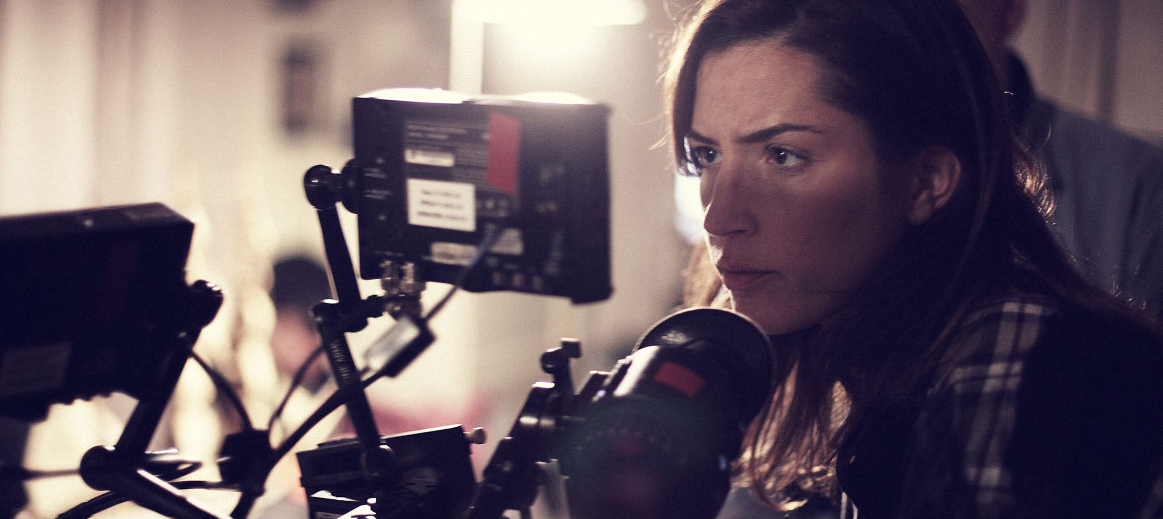As numerous think pieces have been telling us for years, theatrical exhibition is a thing of the past. Of course if you are a regular reader of this blog we will assume that you still make an effort to get out to your local movie house, but as for John Q. Public, it's all about VOD, Netflix and Bluray. Why bother putting on pants, driving, parking, walking, finding a seat, etc. when you can just wait a couple of months and see it in the comfort of your own home on your brand-new HDTV?
It's simply a fact that if you are a filmmaker, a majority of the people who see your work will be seeing it on a TV. That in and of itself isn't really cause for alarm. There are some really nice TVs out there these days that are capable of generating some really beautiful images. But then there's the pesky problem of the "smooth motion" feature that comes as the default setting on practically all HDTVs manufactured these days. Don't know what I'm talking about?
Ever go over to a friend's house to watch a movie and suddenly it looks like an over-lit, daytime soap? That's "smooth motion" in action. By artificially inserting extra frames to "smooth out" the action, high art becomes unwatchable crap. There's even a movement on Twitter, spearheaded by filmmaker Rian Johnson (Brick, The Brothers Bloom, Looper) that prides itself on sneakily turning this feature off on the TVs of friends and family. They document their clandestine heroism with photos using the hashtag #TVNinja. But why is this even necessary? Why is this "smooth motion" the default setting?
Tired of seeing the images she worked so hard to frame and light reduced to visual garbage, cinematographer Reed Morano, ASC (Frozen River, Kill Your Darlings, The Skeleton Twins) saw fit to start a petition in hopes of getting HDTV manufacturers to stop making "smooth motion" the default setting on their products. When the petition was first launched it gained a lot of attention and signatures, but now it has kind of plateaued. I'm writing this in the hopes that you who have not yet signed will take a moment out of your day to do something for art. Let filmmakers have their art be seen the way they intended it to be. Don't let all their work be in vain.


No comments:
Post a Comment